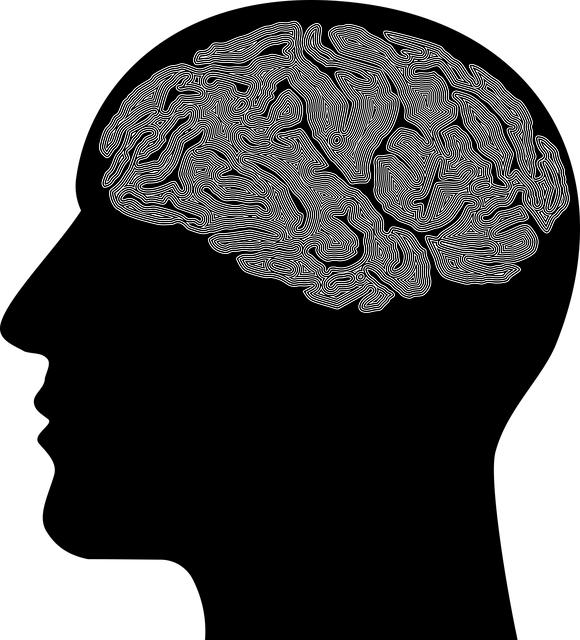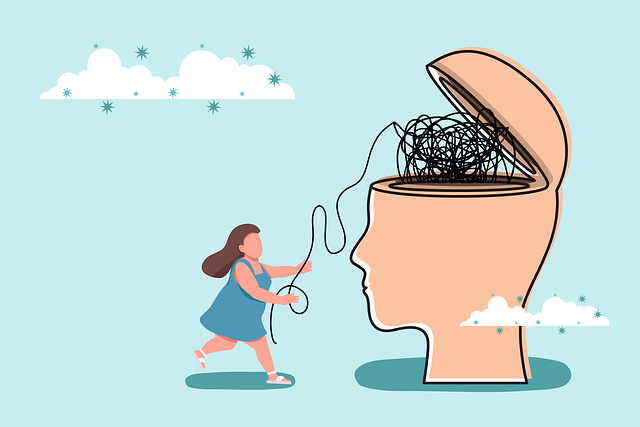Littleton Self-Esteem Therapy offers a holistic approach to trauma support, prioritizing understanding and addressing deep-seated emotional scars. Their specialized services integrate emotional well-being promotion techniques, social skills training, and confidence boosting activities to enhance resilience and self-worth. By fostering an inclusive support system and reducing mental illness stigma, they enable survivors to reclaim control and form meaningful connections. Through continuous support, evidence-based therapies, and cultural competency training, Littleton Self-Esteem Therapy promotes long-term recovery and hope for trauma survivors.
“Trauma, a profound and lasting impact on individuals, demands specialized support systems for healing. This article explores comprehensive strategies to address this complex issue. We delve into the far-reaching effects of trauma and its consequences on mental health. Additionally, we highlight the role of innovative therapies like Littleton Self-Esteem Therapy in fostering resilience.
By examining inclusive practices and long-term healing resources, readers will gain insights into creating effective support networks. These strategies aim to empower individuals affected by trauma, offering a path towards restoration and improved well-being.”
- Understanding Trauma and Its Impact on Individuals
- The Role of Littleton Self-Esteem Therapy in Trauma Support
- Creating an Inclusive and Effective Support System
- Resources and Strategies for Long-Term Healing and Resilience
Understanding Trauma and Its Impact on Individuals

Trauma is a profound and complex experience that can significantly shape an individual’s life trajectory. It refers to a deeply distressing or disturbing event that overwhelms one’s ability to cope, often leading to long-lasting psychological and emotional effects. The impact of trauma can manifest in various ways, affecting not just the present but also shaping future interactions and perceptions. Individuals who have experienced traumatic events may struggle with feelings of fear, anxiety, depression, and a distorted sense of self-worth.
At Littleton Self-Esteem Therapy, we recognize that understanding trauma is paramount in providing effective support. Our approach involves helping clients process these past experiences while also equipping them with Emotional Well-being Promotion Techniques to foster resilience. By encouraging the development of a nurturing Self-Care Routine for Better Mental Health, we empower individuals to heal and thrive. Additionally, our efforts focus on Mental Illness Stigma Reduction, ensuring a safe space where clients can explore their emotions freely without judgment.
The Role of Littleton Self-Esteem Therapy in Trauma Support

Littleton Self-Esteem Therapy plays a pivotal role in trauma support by addressing the deep-seated emotional scars that often hinder an individual’s ability to heal and rebuild their life. This therapeutic approach focuses on fostering self-worth, resilience, and coping mechanisms, which are essential for navigating the complexities of trauma. Through specialized techniques, therapists help clients challenge negative self-perceptions, replace them with positive affirmations, and develop healthier ways of interacting with themselves and others.
Integrating Social Skills Training and Confidence Boosting activities within Littleton Self-Esteem Therapy allows individuals to regain a sense of control and agency. By enhancing their mental wellness, this form of therapy enables survivors to face triggers and flashbacks head-on, promote emotional regulation, and foster meaningful connections. Ultimately, it equips them with the tools necessary to thrive in post-traumatic life, reclaiming their sense of safety and well-being.
Creating an Inclusive and Effective Support System

Creating an inclusive and effective support system for trauma survivors is paramount to ensuring those who have experienced difficult events receive the care they need. This involves fostering an environment where individuals feel understood, respected, and accepted, regardless of their background or identity. Organizations like Littleton Self-Esteem Therapy play a crucial role by offering specialized services tailored to address trauma’s unique impact on mental health. By integrating practices that promote resilience building and burnout prevention, these therapy centers can help clients navigate their emotional journeys effectively.
Public awareness campaigns development is another vital component of this process. Educating the public about trauma, its signs, and available support systems can dispel myths, reduce stigma, and encourage individuals to seek help sooner. This collective effort contributes to a more comprehensive approach to trauma support, where communities actively participate in creating a supportive ecosystem that empowers healing and recovery.
Resources and Strategies for Long-Term Healing and Resilience

Trauma healing is a journey that requires sustained support and effective strategies for long-term resilience. Beyond initial crisis intervention, individuals need accessible resources to foster their recovery process. One such resource, Littleton Self-Esteem Therapy, offers specialized treatment tailored to address trauma’s profound impact on self-perception. This therapeutic approach empowers survivors to rebuild their sense of self, enhance coping mechanisms, and develop healthy relationships.
Integrating various strategies, including evidence-based therapies and holistic practices, is vital for comprehensive healing. Healthcare Provider Cultural Competency Training plays a crucial role in ensuring that support systems are sensitive to diverse cultural needs. Public Awareness Campaigns Development also contributes by educating communities about trauma, reducing stigma, and encouraging individuals to seek help. By combining these resources and initiatives, we create an environment conducive to long-term recovery, where survivors can navigate their healing journey with resilience and hope.
In light of the profound impact trauma can have on individuals, understanding its effects and accessing effective support systems are paramount. This article has explored these aspects, highlighting the importance of creating inclusive environments and utilizing resources like Littleton Self-Esteem Therapy for long-term healing and resilience. By implementing the strategies discussed, we can foster supportive communities that empower individuals to overcome trauma and build a brighter future.








